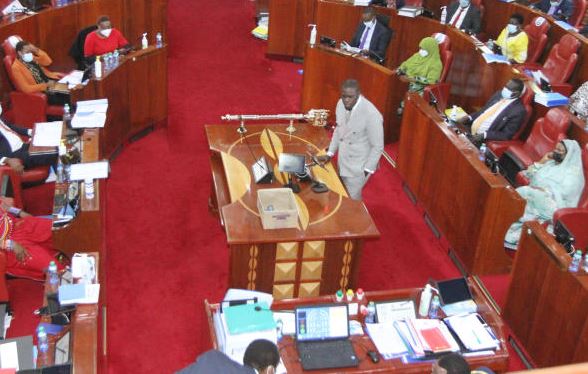×
The Standard e-Paper
Stay Informed, Even Offline

The impeachment of Nairobi Governor Mike Sonko is an indictment of the Jubilee Party and its leadership comprising President Uhuru Kenyatta and his Deputy William Ruto.
Mr Sonko has not changed one bit since he began his political career. He was a well-known commodity when he decided to run for governor ahead of the 2017 election.